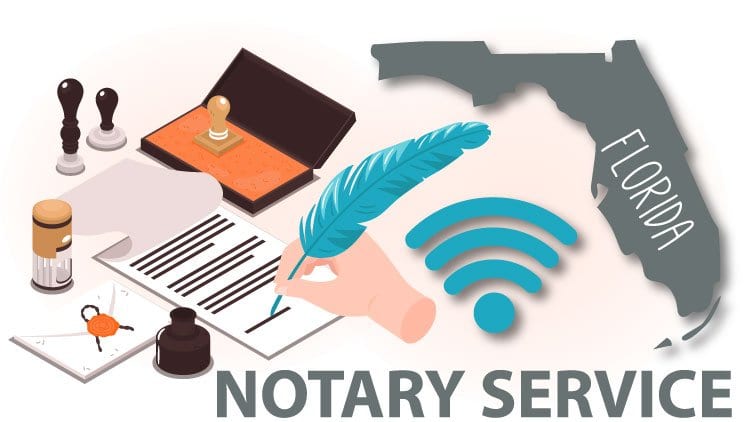Comprehending Apostille: Simplifying International Document Legalisation
Comprehending Apostille: Simplifying International Document Legalisation
Blog Article
Debunking Notarial Job: Simplifying the Function and Significance of Notaries
In the intricate internet of lawful documents and verification, notaries stand as pillars of guarantee and credibility. Their duty, often shrouded in secret for lots of, lugs considerable weight in ensuring the credibility and stability of critical files. As guardians of legitimacy and reality, notaries play an essential component in our culture, yet their job is not constantly totally recognized. By deciphering the intricacies shedding and bordering notarial methods light on the value of their acts, a clearer understanding emerges of the crucial duty notaries play in promoting the textile of contractual and legal agreements.
The History of Notarial Work
How did notarial job progress gradually to end up being an indispensable part of lawful and company purchases? The history of notarial work go back to ancient civilizations, where scribes played an essential duty in taping essential information and authenticating papers. As cultures proceeded, the need for a more formalized system to make certain the credibility of agreements developed. This brought about the advancement of notaries, individuals selected by the state to act as impartial witnesses in lawful issues.
During the Middle Ages, notaries obtained importance in Europe, with their features broadening to consist of drafting legal documents, accrediting signatures, and maintaining documents. The increase of global trade even more highlighted the relevance of notarial work in verifying contracts and contracts throughout borders.
In the contemporary period, notaries remain to play an important function in lawful and company deals by confirming identifications, verifying the authenticity of documents, and preventing fraudulence. Their duty in licensing the legitimacy of contracts includes a layer of protection and trust fund to the ever-evolving landscape of commerce and regulation.

Tasks and Duties of Notaries
Notaries play a crucial duty in confirming the authenticity of records and the identity of signatories. One of their main responsibilities is to witness the finalizing of essential papers, such as wills, contracts, and acts, to guarantee that all events are entering right into agreements intentionally and willingly.
Additionally, notaries are entrusted with administering oaths and affirmations, which are crucial in legal procedures and the implementation of testimonies. They accredit duplicates of initial documents, offering guarantee to institutions that the copies hold true reproductions of the originals. Notaries have to preserve precise records of all deals they supervise to make certain transparency and accountability. Generally, the duties and responsibilities of notaries are essential in securing the honesty and validity of various records and transactions.
Notarial Certificates and Signatures
Exhibiting careful interest to detail, notarial certificates and signatures function as necessary elements in verifying the authenticity of legal records. Notarial certificates normally consist of vital info such as the day of registration, the names of the notaries, a description of the document, and the notary's main seal. These certifications supply a clear record of the notarial act, guaranteeing that the document can be quickly identified and traced back to the notary who oversaw the process.
Trademarks play a pivotal role page in notarial job, as they symbolize the agreement and approval of the celebrations involved. Notaries carefully witness the finalizing of documents to verify the identification of the notaries and validate that they are signing of their own free choice. By attaching their main seal and signature to the document, notaries accredit that the required treatments have been adhered to and that the record is valid and enforceable.
In essence, notarial certificates and trademarks are the trademark of credibility in legal transactions, supplying assurance to all events included that the files are genuine and binding.
Significance of Notarial Acts
Notarization Refine Explained
The registration process typically begins with the individual offering the file to a notary public. As soon as the identification is validated, the notary guarantees that the individual signing the file does so willingly and without any type of threat.

Conclusion

Notarial certifications commonly include critical info such as the date of notarization, the names of the signatures, a summary of the file, and the notary's main seal. These certifications provide a clear record of the notarial act, making sure that the document can be quickly determined and mapped back to the notary who oversaw the procedure.
By fastening their official seal and trademark to the file, notaries accredit that the essential treatments have been followed and that the file is enforceable and valid.
By validating the identification of the signatures, validating their willingness to get in right into the agreement, and licensing the day and location of the signing, notaries play an essential role in upholding the credibility of legal files.After the file is signed, the notary will certainly attach their official seal or stamp onto the record.
Report this page